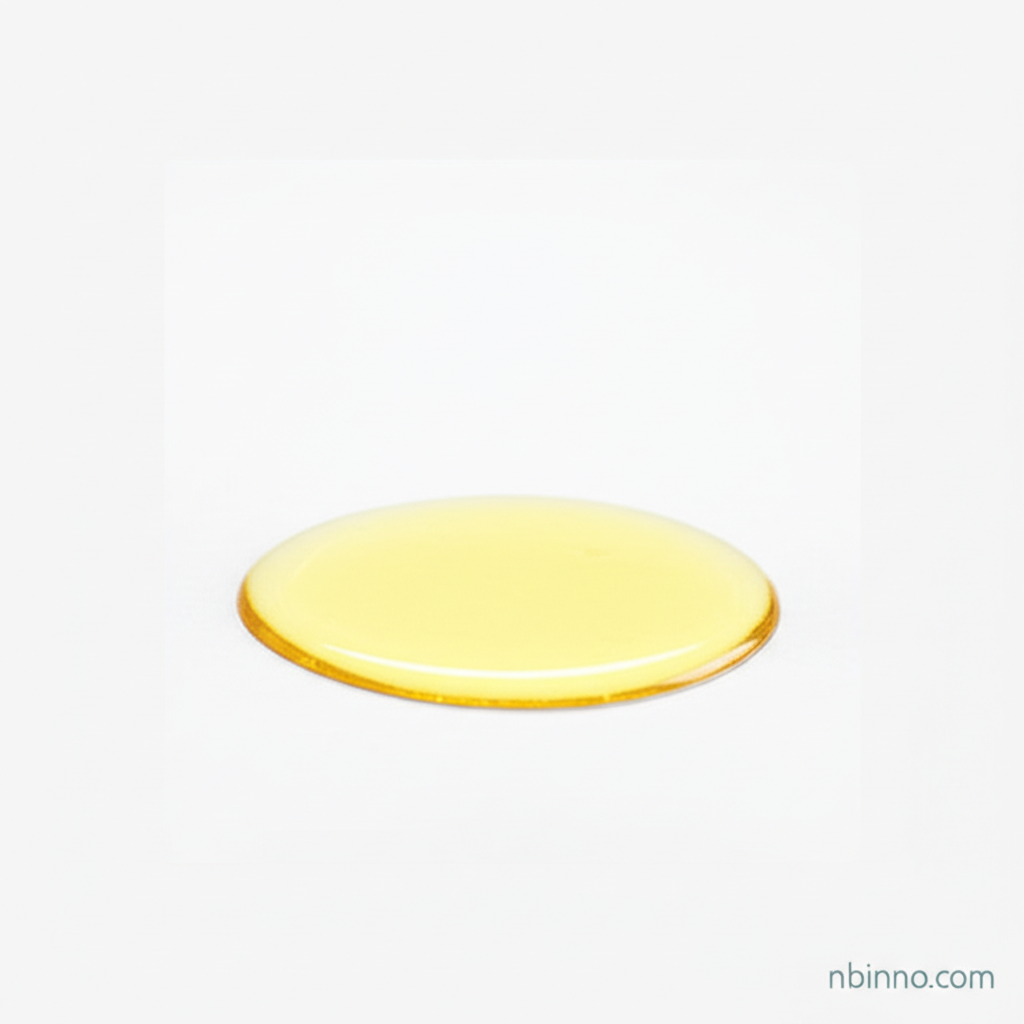Didecyl Dimethyl Ammonium Chloride: Properties, Applications, and Safety Considerations
Explore the potent antimicrobial capabilities and diverse applications of Didecyl Dimethyl Ammonium Chloride (DDAC).
Get a Quote & SampleProduct Core Value

Didecyl Dimethyl Ammonium Chloride
Didecyl dimethyl ammonium chloride (DDAC) is a highly effective quaternary ammonium compound renowned for its robust antimicrobial properties. It serves as a critical active ingredient in a wide array of disinfection and sanitization products, offering a broad spectrum of activity against bacteria, viruses, and fungi.
- Understanding the uses of didecyl dimethyl ammonium chloride reveals its versatility across industries, from healthcare to agriculture.
- The DDAC disinfectant applications are extensive, providing reliable microbial control in demanding environments.
- When considering the didecyl dimethyl ammonium chloride safety profile, proper handling and awareness of its properties are essential for safe application.
- Exploring the DDAC antimicrobial properties showcases its power to eliminate microorganisms even in challenging conditions like hard water.
Key Advantages
Superior Efficacy at Low Concentrations
DDAC demonstrates potent antimicrobial action even at lower concentrations, offering cost-effectiveness and reduced environmental impact compared to some alternatives.
Broad-Spectrum Activity
This compound effectively targets a wide range of microorganisms, including bacteria and fungi, making it a reliable choice for comprehensive hygiene solutions.
Performance in Challenging Conditions
The chemical maintains its efficacy in the presence of moderate organic matter and hard water, ensuring reliable disinfection in diverse settings.
Key Applications
Surface Disinfection
Utilized for hard surface disinfection in hospitals, food processing plants, and homes to prevent the spread of pathogens, leveraging its potent antimicrobial properties.
Water Treatment
Employed as an algicide and biocide in swimming pools and industrial circulating cooling water systems to control microbial growth and biofilm formation.
Industrial Cleaning
Incorporated into industrial cleaning agents and sanitizers, highlighting its importance in hygiene and sanitation practices for various sectors.
Agricultural Use
Applied in agricultural settings for crop protection and livestock hygiene, controlling fungal and bacterial diseases to ensure healthy production.
